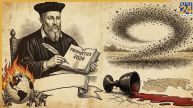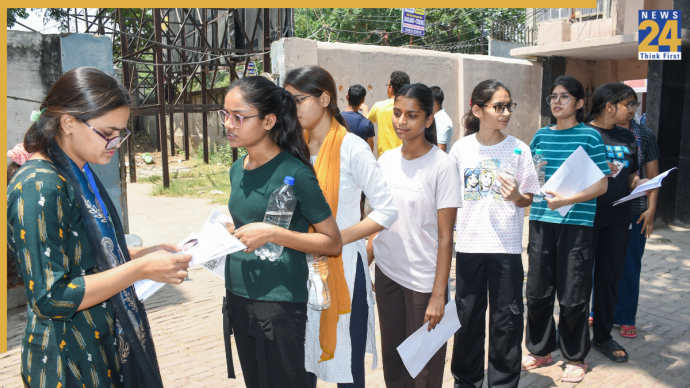Palitana, situated in Gujarat’s Bhavnagar district, has been declared the world’s first city where non-vegetarian food is banned. This landmark decision criminalizes the killing of animals for meat, as well as the sale and consumption of meat, making these actions illegal and punishable by law in the city, which is a well-known pilgrimage destination for Jains. This move came in response to a protest by around 200 Jain monks who called for the closure of about 250 butcher shops in the area.
In Gujarat’s Palitana, non-vegetarian food has been banned. This move follows a series of regulations that began in Rajkot, where the preparation and display of non-veg food in public areas were prohibited. Vadodara soon adopted similar measures, and Junagadh and Ahmedabad also implemented related regulations. Critics of non-vegetarian food argued that the sight of meat was distressing and had a negative effect on people, particularly children. Gujarat’s Chief Minister Bhupendra Patel even associated these regulations with efforts to reduce traffic congestion. This push against non-vegetarian food is not new, either in Gujarat or worldwide. In Gujarat, Mahatma Gandhi was a prominent advocate of vegetarianism, and many have followed his example as a revered practice.
Also Read: Egg Halwa to Gulab Jamun Chaat: 2024’s Most Buzzworthy Food Trends On Social Media
Mahatma Gandhi was a lifelong advocate of vegetarianism, although he did experiment with meat during his school years. A friend of his elder brother persuaded him to try mutton, but Gandhi mostly avoided non-vegetarian food out of respect for his devout Vaishnavite parents, who followed a strict vegetarian diet. In his autobiography, Gandhi recounted having “meat fests” over a year, which led him to lie to his parents. He promised himself to abstain from meat while they were alive. Before leaving for England in 1888 to study law, his mother extracted a vow from him to maintain a vegetarian diet, a promise Gandhi upheld throughout his life. Later, Gandhi also experimented with veganism by giving up cow milk and milk products, though he did consume goat milk as a substitute.
Vegetarianism in Gujarat is heavily influenced by the dominant Vaishnav Hindu culture. With Hindus making up 88.5% of Gujarat’s population, Jains about 1%, and Muslims and Christians around 10%, Vaishnavism significantly shapes the state’s cultural norms. The shift towards vegetarianism, exemplified by cities like Palitana and policies in Ahmedabad, is deeply rooted in these cultural and religious traditions. However, the state’s evolving dynamics reflect a complex interplay between tradition and changing dietary practices. As Gujarat navigates this balance, the legacy of historical figures like Mahatma Gandhi and current regulations continue to impact its culinary landscape, with Palitana being recognized as the first city to ban non-vegetarian food.
Also Read: Chinese Love Guru Reveals Secrets To Marrying Wealthy Men, Earns ₹163 Crore Annually













